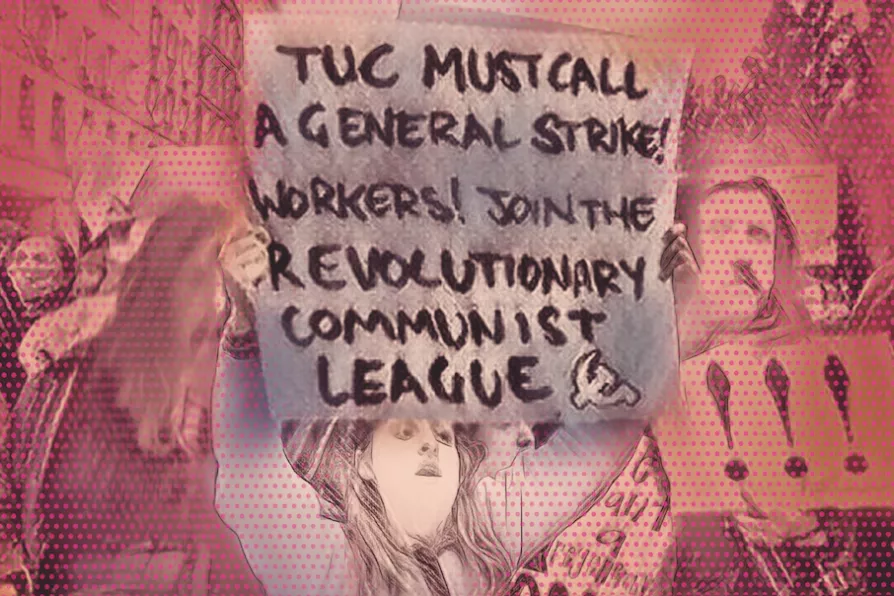The Carpathia isn’t coming to rescue this government still swimming in the mire, writes LINDA PENTZ GUNTER


ULTRA-LEFTISM is a generally pejorative term applied to groups or individuals on the political left whose activities and slogans are prejudicial to the immediate interests of working people and which don’t contribute to the longer-term prospects for achieving socialism.
It is important to distinguish the term from “far left” which is generally used by the right to denigrate any organisation or individual whose politics are to the left of the Labour Party.
Today the term “ultra-left” is particularly applied by Marxists to policies and actions that overestimate the “revolutionary” potential of the working class at a particular time and fail to take account of existing conditions and the chances of success or the consequences of failure.

The selection, analysis and interpretation of historical ‘facts’ always takes place within a paradigm, a model of how the world works. That’s why history is always a battleground, declares the Marx Memorial Library

From hunting rare pamphlets at book sales to online panels and courses on trade unionism and class politics, the MML continues connecting archive treasures with the movements fighting for a better world, writes director MEIRIAN JUMP












